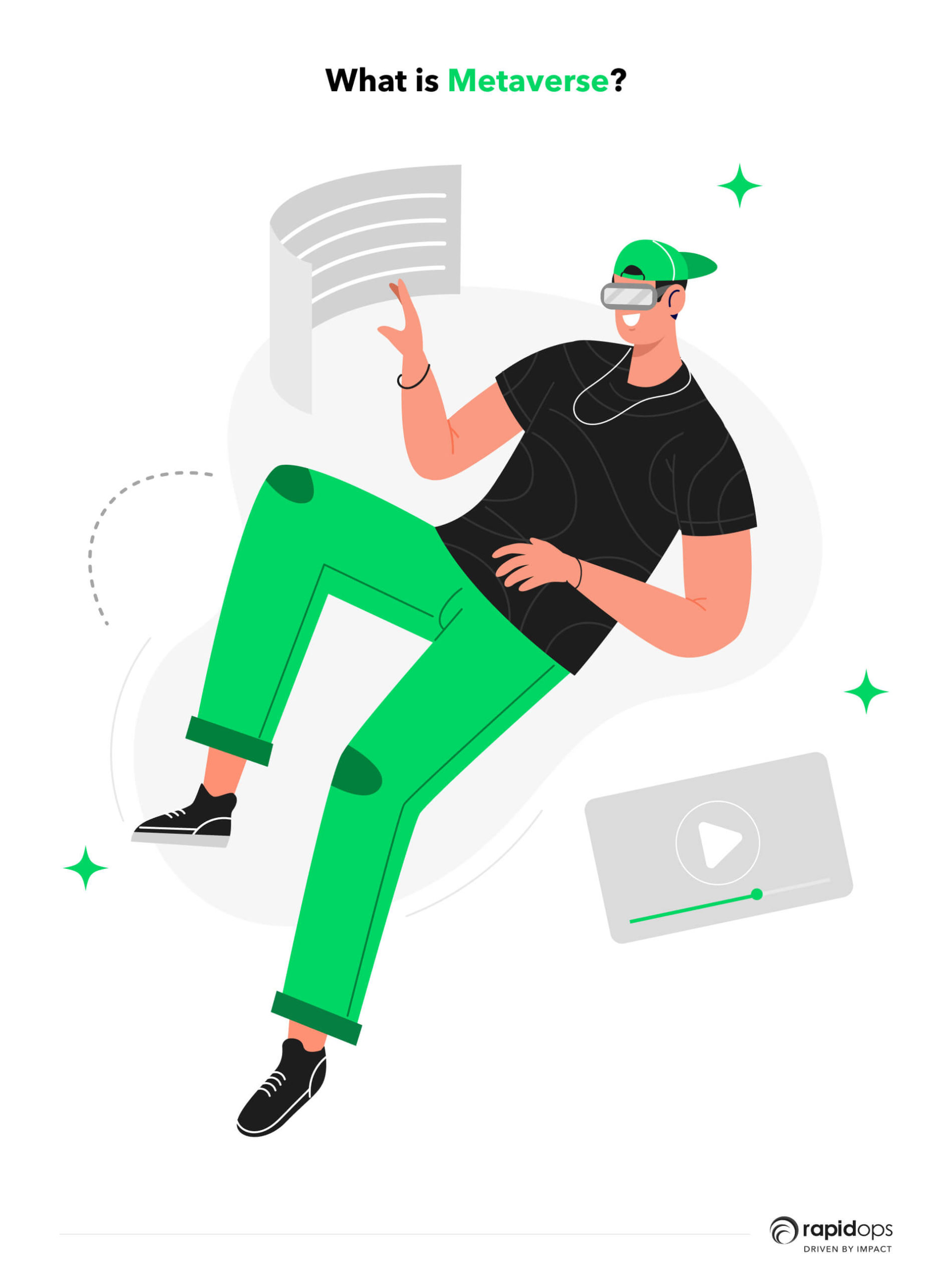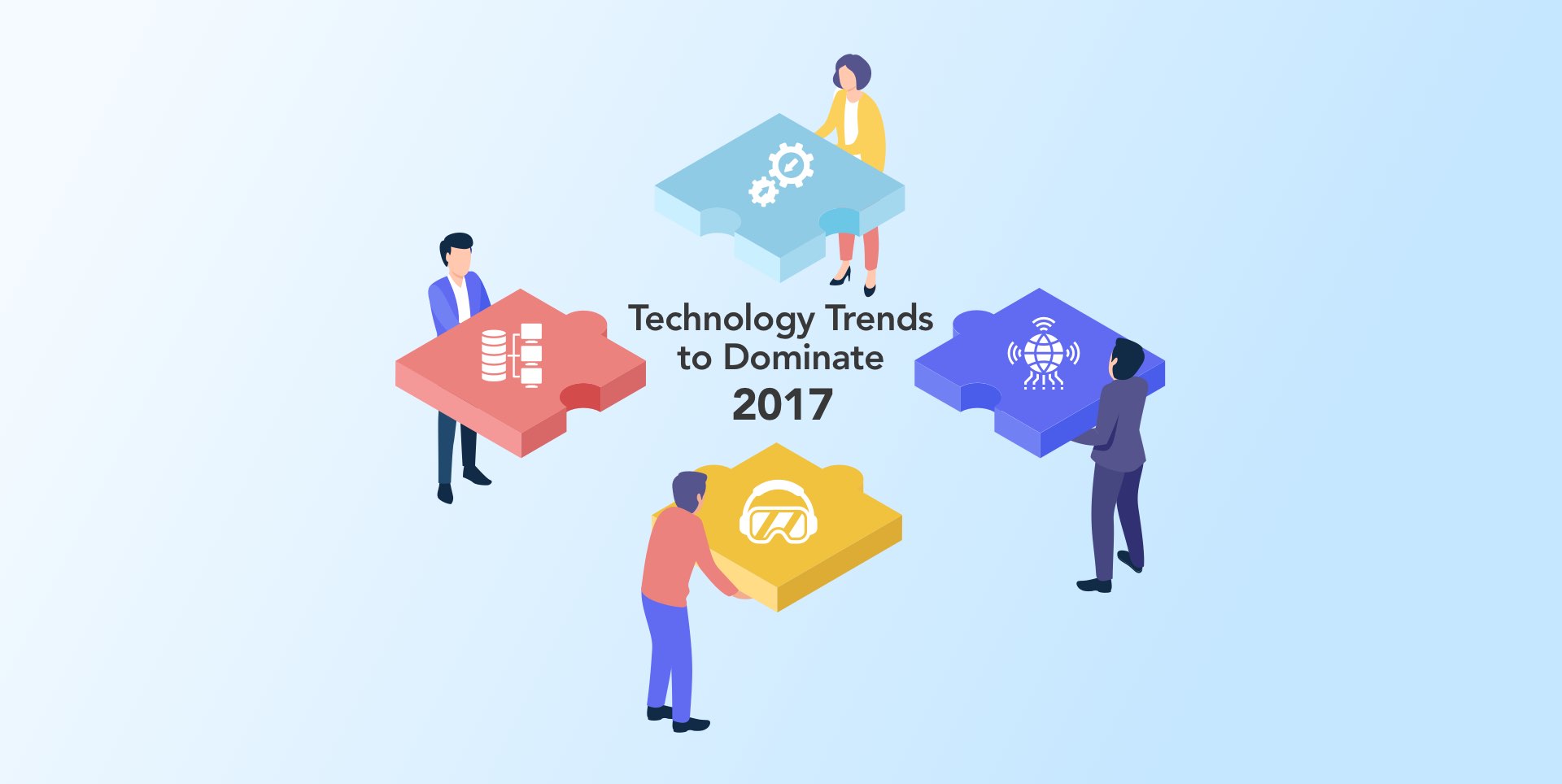- Trends
- 5 min read
- July 2022
Metaverse Unveiled: What Is Metaverse and How Brands Need to Approach It?
Research suggests that the Metaverse is expected to grow into an $800 billion market by 2024
With a potential to generate $5 trillion by 2030, the Metaverse is too big for companies to ignore. It is currently a hot topic in technology, business, and finance.
Like all buzzwords, its definition is vague, contested, and dependent on the expectations of those who use it. The technology is so crucial that it was even discussed at the World Economic Forum Annual Meeting 2022.
The World Economic Forum took place in Davos-Klosters, Switzerland, on 25 May 2022
It also announced a new initiative, ' Defining and Constructing the Metaverse,' to bring together key stakeholders to build an economically viable, interoperable, secure, and inclusive virtual world.
"Defining and Building the Metaverse initiative provides the industry with an essential toolkit for ethically and responsibly building the Metaverse. This will help ensure that we can fully harness this vital medium for social and economic interconnectivity in an inclusive, ethical and transformative manner," – Jeremy Jurgens, Managing Director, World Economic Forum
The initiative will focus on two key areas.
1. Governance of the Metaverse
How can we use it's technologies and environments responsibly, securely, interoperable, and inclusively?
2. Value creation and incentives and risks identification
The Metaverse will bring about many challenges for everybody from businesses, people, and the greater community.
The initiative will also discuss how value chains can be disrupted, industries may be revolutionized, new assets might be formed, and rights might be secured.
What is Metaverse?

It is a virtual reality platform where people may interact with one another in a 3D environment. It's also known as the metaverse platform or metaverse service.
To describe a virtual world in wide use in his imagined future, Neal Stephenson coined the term "surfacer" in his 1992 novel Snow Crash.
In Snow Crash, the Metaverse is a virtual reality planet-encircling market where virtual real estate can be bought and sold and where VR goggle-wearing users control three-dimensional avatars that have form.
These three elements — a VR interface, digital ownership, and avatars — continue to be widely discussed in metaverse discussions today. But none of them is crucial to the concept.
The virtual-reality based world is a graphically rich, realistic environment with some degree of authenticity where people may work, play, shop, and socialize.
What are its applications for business?
Businesses can use Metaverse to develop virtual storefronts, events, and experiences. It may be used for marketing and customer engagement. It can also be utilized for training and simulations.
What technologies will help build its services?
Virtual reality, augmented reality, 3D printing, and blockchain are all used in developing metaverse services. These technologies will allow companies to offer their customers more realistic and immersive experiences.
What are some of the challenges of Metaverse?
The Metaverse's disadvantages include a lack of standardization and the need for high-performance computers. Furthermore, Metaverse is still in its early stages of development, and there aren't many applications or services available yet.
How can brands approach Metaverse?
Brands should consider Metaverse's potential and how it may be utilized to their advantage. They should also investigate the technologies that will aid them in creating metaverse providers.
Furthermore, they should experiment with metaverse and conduct pilot projects to determine if it is feasible for their company.
How is the World Economic Forum addressing the Metaverse?
The Metaverse is expected to become the next central computing platform, revolutionizing consumer experiences and business models across industries. One example is fashion companies.
Clothing manufacturers have years of experience perfecting the design, production, and distribution of apparel in response to changing demands of consumers.
But today, most of their income is eroded by the $3 billion in sales of digital cosmetic items in Fortnite, which have a cultural significance that extends into the physical world.
The Metaverse's potential to "assetize" digital content might provide an economic benefit - allowing users to "own" digital material using blockchain technology.
"Today, for Tech Mahindra, I have a rural education program being run in the Metaverse. I have sports training being conducted in the Metaverse; I have retail commerce happening in the Metaverse. So, this evolution of web 3.0, blockchain, and Metaverse is here to stay (and) the applications are endless." - CP Gurnani, the Managing Director and CEO at Tech Mahindra
If applied at scale and across sectors, entire industries will be transformed by shifts in their standard value chains. However, the potential relies on developing several key technologies, including:
- Augmented Reality (sometimes known as XR)
- Blockchain
- Connected devices
- Artificial intelligence
How should these be governed in a manner that encourages economic benefits while maintaining individuals' safety, security, and privacy?
The World Economic Forum is convening a group of prominent voices from the corporate sector, civil society, academia, and government to tackle this issue.
Multiple community stakeholders will be curated over the next year, focusing on metaverse governance and economic and social value creation.
The task will look for and recommend regulatory measures for good metaverse governance and examine how innovation and value creation can be improved for society's benefit.
Why are people being so conversational about it?
Metaverse investments double to $120bn in 2022 – McKinsey
It has recently risen to the top of the technology industry's thinking due to a few variables.
One is that two technologies closely tied with metaverse thoughts have matured. Other factors are discussed here:
- Virtual reality, which was still in its infancy when Neal Stephenson published Snow Crash in 1992, is now a reality.
- Standalone wireless headsets of good quality are available commercially, including the Quest.
- In 2014, Facebook's purchase of Oculus signified where Mark Zuckerberg thought his firm might be heading.
- Blockchain, the nearly incomprehensible and energy-intensive technology that has made cryptocurrencies and NFTs possible.
- Snake-oil salespeople, crypto enthusiasts, suggestible executives, and (bizarrely) parts of the art world have become obsessed with NFTs in recent months.
- Within this virtually realistic world, they could allow you to own not only virtual goods but also real estate.
It's also worth noting that in various games and virtual environments, it's possible to "own" and even trade digital items without using the blockchain — but such ownership is tenuous and frequently subject to a license agreement.
NFTs have various (but equally flimsy) methods for showing ownership. NFTs, however, offer their unique qualities that excite metaverse enthusiasts.
Concluding thoughts: Metaverse is still in its infancy, but business must not shy away from its opportunities

In 2021, Facebook's rebranding and metaverse-focused mission statement put the deal to rest.
Since then, the term has become increasingly familiar in the corporate world.
The government and political realm may take a long time to catch up, since it is preoccupied with controlling Big Tech's power in the present and mitigating the adverse effects of social media on real society.




